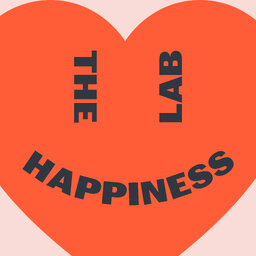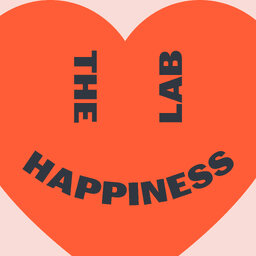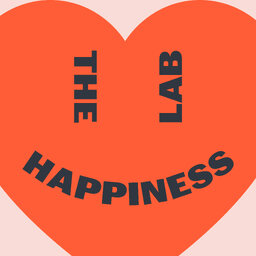How to Find Your Purpose
What's your purpose? Jordan Grumet thought that becoming a doctor would give his life meaning and direction... but he was wrong. He spent his days doing things he didn't really enjoy and dreaded waking up in the morning.
Finding a purpose that is authentic to you can be transformative - and it doesn't have to be some grand goal like curing a disease or founding a company. Jordan, author of The Purpose Code, explains how we can all find seemingly small and everyday activities which will fill our lives with joy and fulfillment.
Jordan also hosts the Earn & Invest podcast.
In 1 playlist(s)
The Happiness Lab with Dr. Laurie Santos
You might think you know what it takes to lead a happier life… more money, a better job, or Instagra…Social links
Follow podcast
Recent clips

Why Algorithms Can’t Predict Your Love Life with Dr. Paul Eastwick
41:11

How to Find "The One": The Science of Dating with Tim Molnar
45:01

How to Feel Truly Loved (with Dr. Sonja Lyubomirsky and Dr. Harry Reis)
42:09
 The Happiness Lab with Dr. Laurie Santos
The Happiness Lab with Dr. Laurie Santos